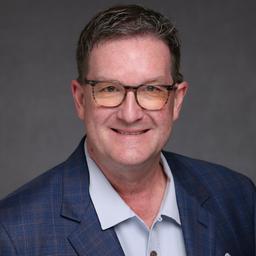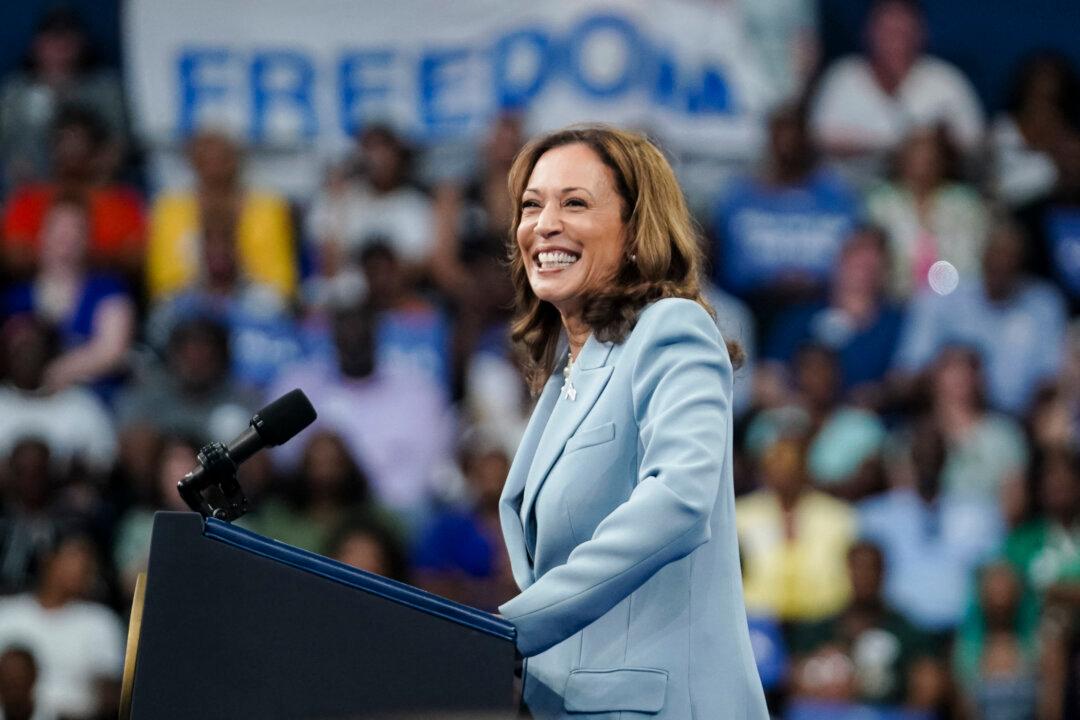News Analysis
Following the assassination attempt on former President Donald Trump, both the Republican 2024 nominee and President Joe Biden called for unity and a reduction in political tensions. The former president dramatically altered his Republican National Convention (RNC) speech to focus on national unity.





